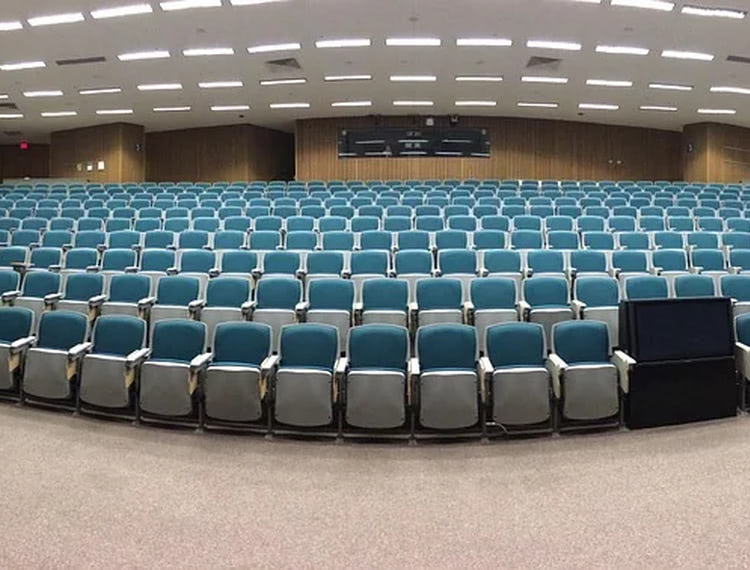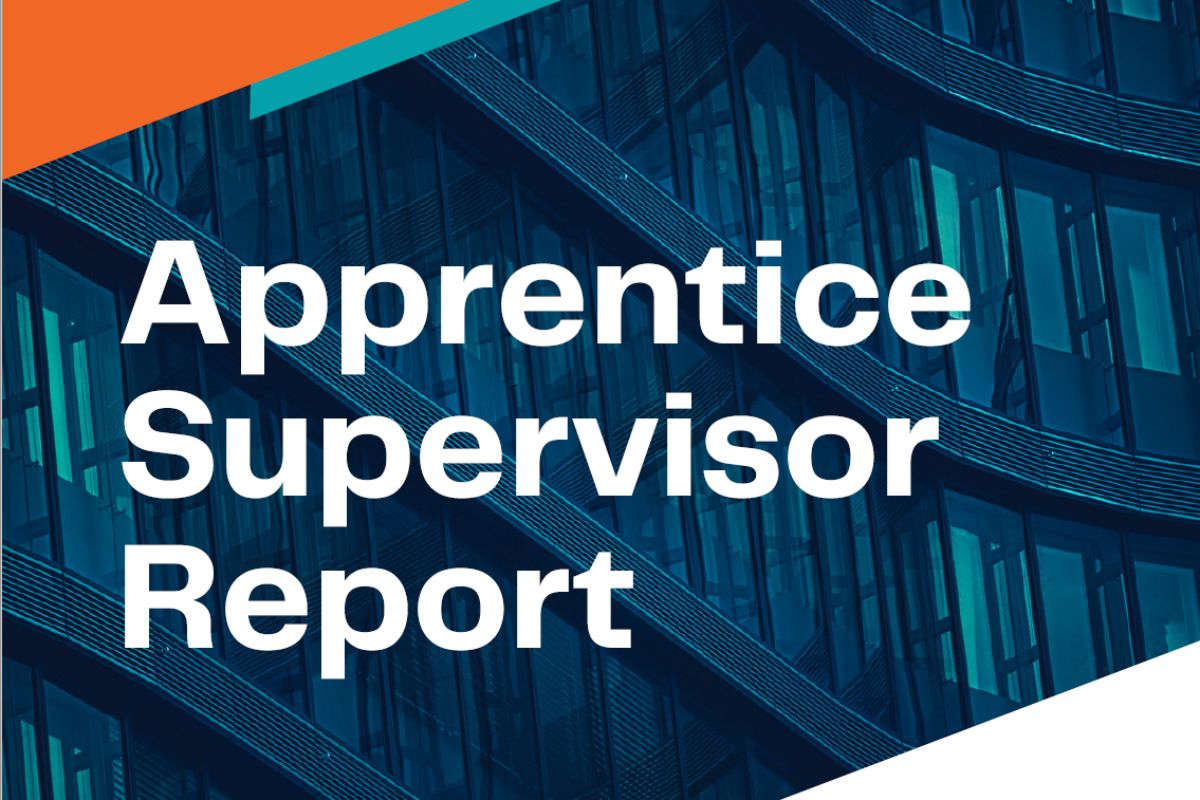Why Students Should be More Aware of Where They Want to Study

Every course and every university will usually set forward a number of prerequisites, requirements, fee structures, etc. to filter out their applicants. However, students also need to be more aware of their own criteria for the universities they have shortlisted. Thinking beyond the Harvards and the Oxfords, a bit of exploration is necessary to figure out what those should be, so that students can reliably choose their university for completing higher education.
Relevant Accreditations
One of the biggest mistakes that students make even to this day, is that of not verifying the accreditations of the university that they decide to attend. Although the UK does have a robust educational structure for higher professional and academic education, a good number of fraudulent or unaccredited institutions do pop up from time to time as well. Then, of course, there is the question of relevant accreditation, which is so easy to miss.
Relevant accreditation refers to authorisations which have the following properties:
- In addition to the university’s accreditation, the particular course which the student will be attending must have valid accreditation as well
- The accreditation must be provided by an accrediting body which is well recognised in that specific field of education
- The mentioned accreditation should be verifiable and must be verified by the student first
Comparing Options
The internet has ushered in a new age of education for students from all sectors and across all levels of academics, making it ever so easy to pursue advanced courses that are truly legitimate. For example, Uni Compare allows you to perform a comparative analysis so that students can find the top universities for the type of courses, training, and experiences that they are looking for.
As an example, Uni Compare recommends Glyndwr University for not just having accredited courses across various fields, but also for their gorgeous campus, excellent faculty and the friendly learning environment which they offer. The website lists important details about Glyndwr University, such as the percentage of national and international students, the total number of students, accepted tariff points (mean), performance, courses offered, accreditations, fees, etc. to make it super easy for students to compare it with other options.
The Right Medium
As we just discussed, the world wide web has been nothing short of revolutionary for education, and a lot of that is owed to online education as well. We have managed to come to a point today, where even the best universities across the nation have opened their online channels, making it possible for professionals to pursue higher education while holding a job at the same time.
However, this is not to say that online courses do not have any drawbacks. They might be perfect for some students, while others would stand to benefit from attending a full-time course at a college campus. The important bit is to choose a medium that fits your current situation the most, instead of going blindly for one or the other.
Cost of Education
Going to university for higher education can have a huge, positive impact on a student’s future career, and ultimately, their entire life. However, cost-efficiency must be taken into account, which is why comparing the various options is highly recommended to begin with. There are a few principle criteria, based on which a student should decide whether or not the cost of education is worth it, but it does require some calculating. First and foremost, jotting down details regarding the following aspects is important:
- Tuition fees
- Accommodation costs/commuting expenses
- The size of the student loan
- Their current financial status and responsibilities
- Loss of income, if applicable
- The reputation of the university
- Prospects, employability and expected, average income per year, post completion of the course
- Long term growth opportunities in the field
The above factors are to be divided into two categories – expenses and potential income + employment and growth opportunities. The idea here is to find the most cost-effective ratio by pitting the two categories in proportion to each other. A good number of students end up in perpetual debt because they did not consider doing the right calculations beforehand. At times, attending an accredited course at a small college near home can save students and their parents a lot of money, but not at the cost of sacrificing career potential. In the real world, the name of the university does matter during recruitment, but not as much as one’s actual ability to do the job.
Students should not be making choices based on the decision of others, but taking in valid opinions and verifiable suggestions will help in finding the right option faster. Even if a student is still in school, it is advised that they keep these factors in mind and start preparing for their future well ahead of time.











Responses